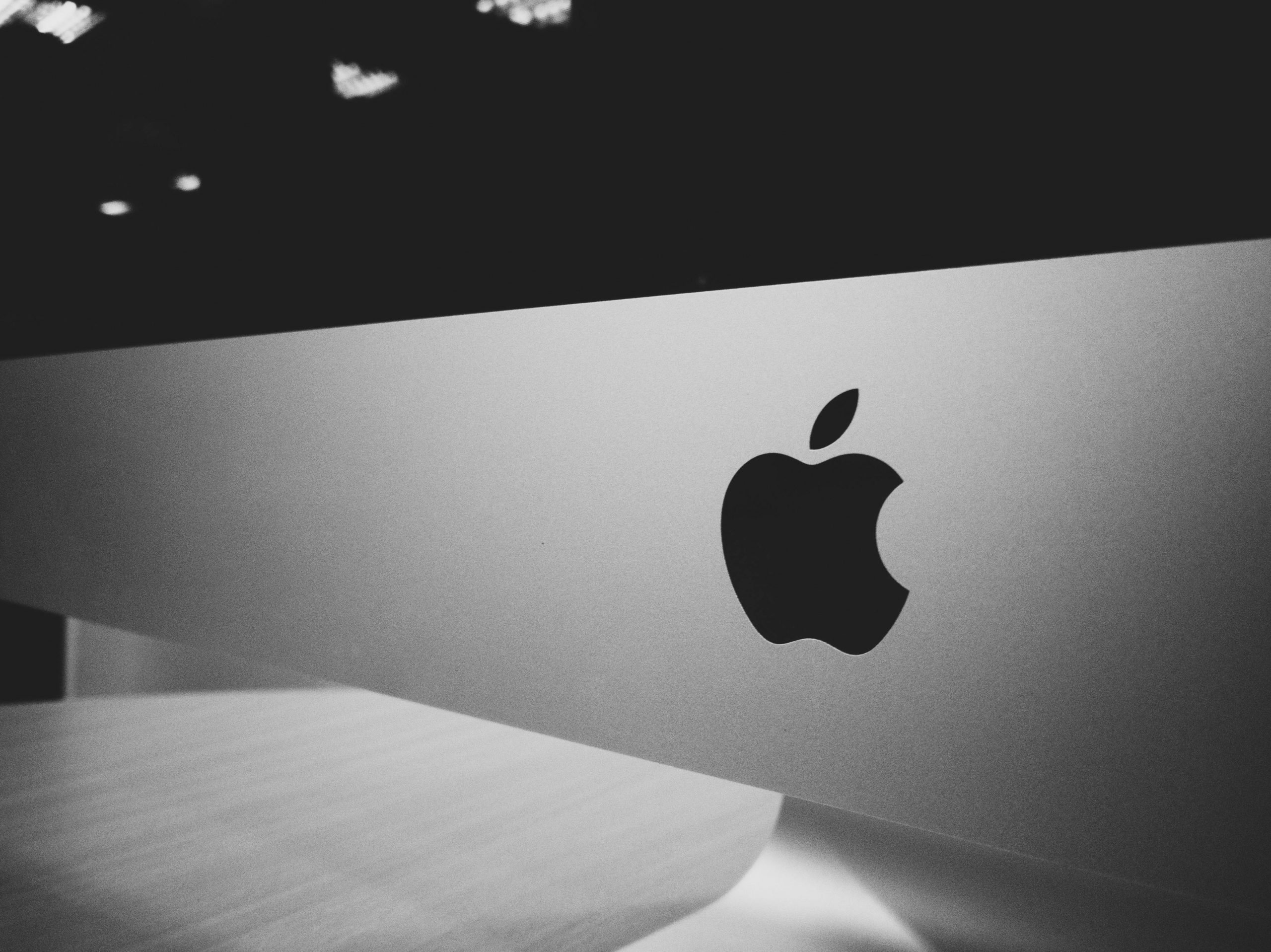As the world watched Apple attempt to chart its AI future at WWDC in June, a more consequential development for its near-term business brewed 3,000 miles east.
In Washington D.C., a district court judge mulled whether to cut off the annual, multi-billion dollar payments Google sends Apple for the default search position in Safari. The payments, totaling approximately $20 billion per year, make up about 20% of Apple’s Services revenue. If they were to go away, that Services business — Apple’s only segment with meaningful growth — would contract, creating a potential crisis for the company and its investors. And, unfortunately for Apple, such a ruling seems very much in play.
“I’ve always thought there was more risk in here for Apple than markets seem to appreciate,” Mark Mahaney, a star analyst and senior managing director at Evercore ISI, told me. “There’s a real financial hole risk.”
It could be a few years until a court decision on Google’s payments goes into effect, but the judge overseeing the case, Amit Mehta, seems to be seriously considering the move. As part of a Google antitrust loss in Mehta’s D.C. District Court, the judge said Google’s payments violated antitrust law by shutting out competitors. And he’s indicated that he’s open to stopping them, at the very least.
“We all could have closed up shop if the only thing that needed to be done was to enter an injunction,” the judge said late last month. He is also considering forcing Google to share data with competitors and making the company sell its Chrome browser. But ending the default payments could be a frightening financial blow to Apple.
Apple is counting on its Services business, and the Google payments within, for growth and a valuation boost. In 2024, Apple’s wearables and iPad businesses contracted and its iPhone business was effectively flat. Services — which includes AppleCare, Apple TV+, Apple Pay, advertising, and more — grew 13% and covered up weakness elsewhere. The Services unit is especially important as the company seeks to grow beyond the iPhone, which isn’t expanding as it once did as people hold onto phones longer and China sales slow down.
Services growth also helps elevate Apple’s market cap, since investors place a higher valuation multiple on its high-margin offering than lower-margin hardware. And if Google’s payments were to disappear, that business would contract meaningfully. Apple Services grew from approximately $85 billion in 2023 to $96 billion in 2024. Had the $20 billion Google payment fallen off in 2024, the Services unit would have shrunk enough to throw the entire company into contraction.
“It’s $20 billion a year of 100% gross margin profit. That’s a lot,” said Ari Paparo, a Google advertising veteran and author of the forthcoming book, Yield: How Google Bought, Built, and Bullied its Way to Advertising Dominance. Paparo told me that Google is so good at making money from search that Apple would not be able to find a partner that comes close to a payment, or revenue split, that Google could offer. “They can only replace a couple billion of it. It’s really problematic.”
For Google, losing the paid default spot wouldn’t be ideal. The company’s history is filled with clever distribution deals to get its search engine everywhere, and CEO Sundar Pichai brokered many of them on his ascent to CEO, including Google Toolbar and the building of Chrome. If the company couldn’t pay Apple for its position in search, it might lose market share to competitors, including AI upstarts like Perplexity. But the near-term financial impact on Google would be the opposite of Apple, adding billions of dollars in profit to Google’s bottom line.
The court hasn’t ruled yet and further appeals may take years to process, so it could be some time until we see a potential payments pause play out. The judge has also discussed only stopping the payments as a final step if other remedies don’t work. “Google, it’s pretty safe to say, is going to challenge whatever comes out of this,” said Ben Remaly, principal correspondent at GCR USA, who’s been in the court for the trial. “It’ll be a while.”
Still, the potential termination of Google and Apple’s default payment arrangement is one of Big Tech’s most under-appreciated stories. And it could impact Apple before anything AI-related does. “Every time I’ve had these calls with a bunch of tech investors,” Mahaney said. “I’ve left like, why aren’t you worried about the Apple impact?”
This article was originally published by Big Technology.







